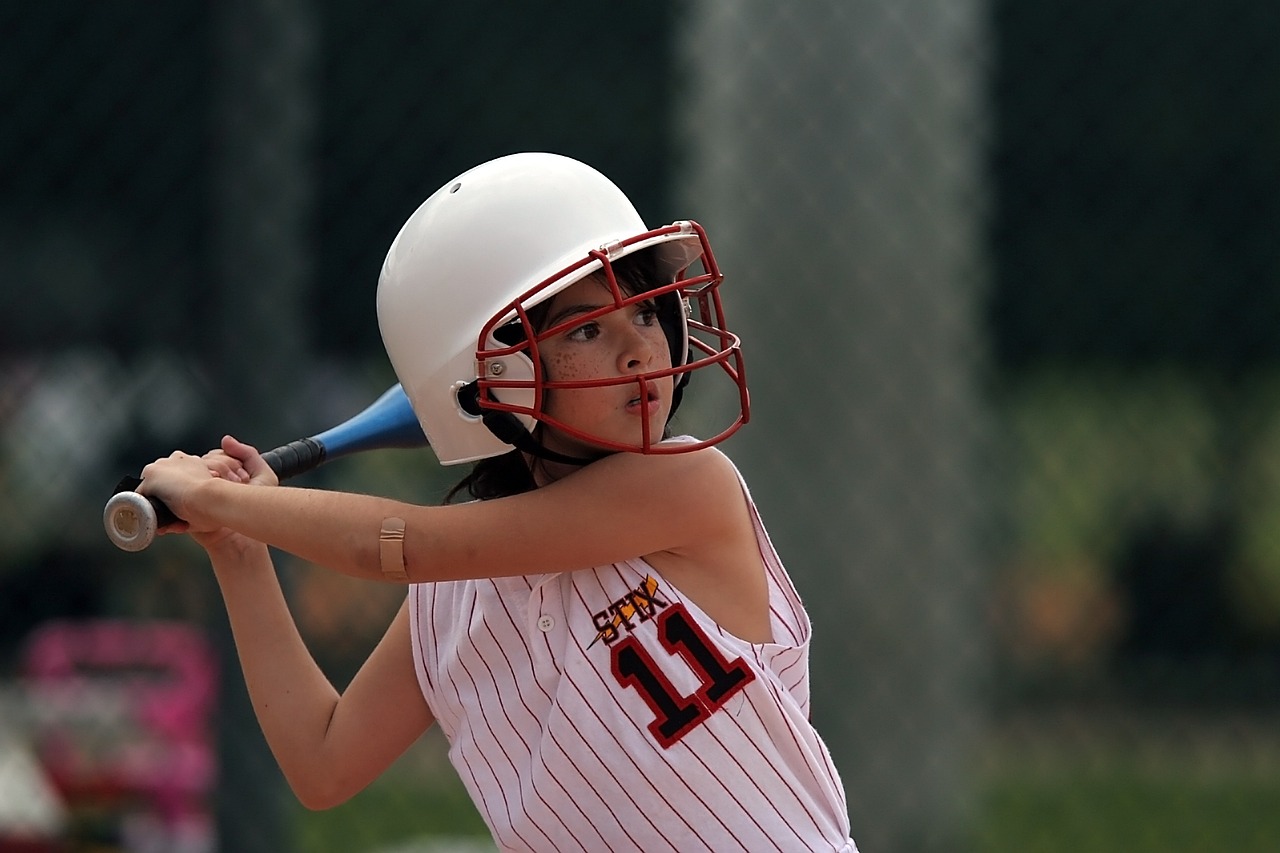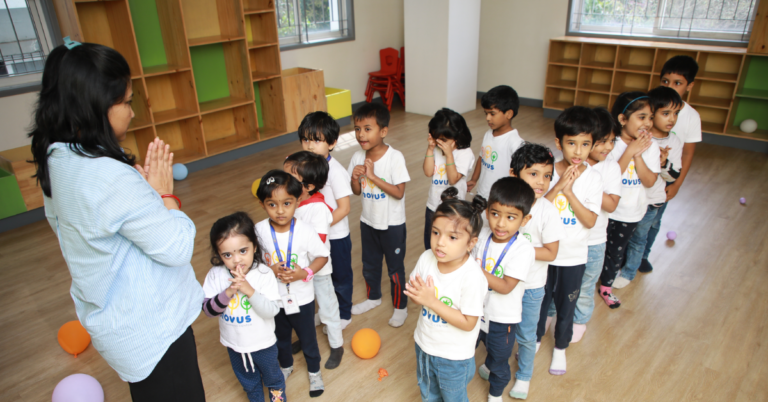Analyzing the Benefits of Outdoor Education Programs
The power of experiential learning lies in its ability to bridge theory with practice. By engaging in hands-on activities, individuals can gain a deeper understanding of concepts and develop practical skills that are essential in real-world scenarios. This method fosters a sense of curiosity and exploration, encouraging learners to actively participate and take ownership of their education.
Furthermore, experiential learning promotes critical thinking and problem-solving skills, as individuals are challenged to apply their knowledge in unfamiliar situations. This process not only enhances cognitive abilities but also builds resilience and adaptability in learners. By immersing themselves in experiences that require decision-making and reflection, individuals can cultivate a holistic approach to learning that is both enriching and empowering.
Enhanced Physical Health and Well-being
Engaging in regular physical activities not only benefits the body but also contributes significantly to overall well-being. When individuals incorporate exercise into their routine, they experience improvements in various aspects of their health. From boosting cardiovascular health to enhancing muscle strength and flexibility, physical activity plays a crucial role in maintaining a healthy lifestyle. Additionally, exercise has been linked to reducing the risk of chronic diseases like obesity, diabetes, and heart conditions.
Furthermore, the positive impacts of physical activity extend beyond the physical realm. Exercise has been shown to have a direct correlation with mental health, promoting feelings of happiness and reducing stress levels. As individuals engage in physical activities, their bodies release endorphins, often referred to as “feel-good” hormones, which contribute to a sense of well-being. Regular exercise can also improve sleep quality, increase energy levels, and enhance overall cognitive function. The holistic benefits of incorporating physical activity into one’s lifestyle highlight the importance of prioritizing regular exercise for enhanced physical health and well-being.
• Regular physical activities benefit the body and contribute to overall well-being
• Exercise boosts cardiovascular health, muscle strength, and flexibility
• Reduces the risk of chronic diseases like obesity, diabetes, and heart conditions
• Physical activity has a direct correlation with mental health
• Promotes feelings of happiness and reduces stress levels
• Bodies release endorphins during exercise, contributing to a sense of well-being
• Improves sleep quality, increases energy levels, and enhances cognitive function
Development of Social Skills
Social skills are vital for navigating the complexities of human interaction. Engaging in experiential learning opportunities fosters the development of these crucial skills. Through hands-on experiences, individuals learn how to communicate effectively, collaborate with others, and build strong relationships.
Participating in group activities, such as team-based projects or community service initiatives, helps individuals hone their social skills. By working alongside peers towards a common goal, individuals learn the importance of teamwork, compromise, and leadership. These experiences provide valuable opportunities for individuals to practice active listening, conflict resolution, and empathy, essential components of effective social interactions.
What are social skills and why are they important?
Social skills refer to the ability to interact with others effectively and form positive relationships. They are important for personal and professional success as they help in communication, problem-solving, and collaboration.
How can experiential learning help in the development of social skills?
Experiential learning involves hands-on experiences and active participation, which can improve social skills by providing opportunities for group work, communication, and teamwork.
How does enhanced physical health and well-being contribute to the development of social skills?
Physical health and well-being are essential for overall well-being, and when individuals feel good physically, they are more likely to engage in social interactions and activities, leading to the development of social skills.
What are some ways to improve social skills?
Some ways to improve social skills include practicing active listening, maintaining eye contact, being empathetic, and engaging in social activities and group settings.
How can one track their progress in the development of social skills?
One can track their progress in the development of social skills by reflecting on their interactions with others, seeking feedback from trusted individuals, and setting specific goals for improvement.







